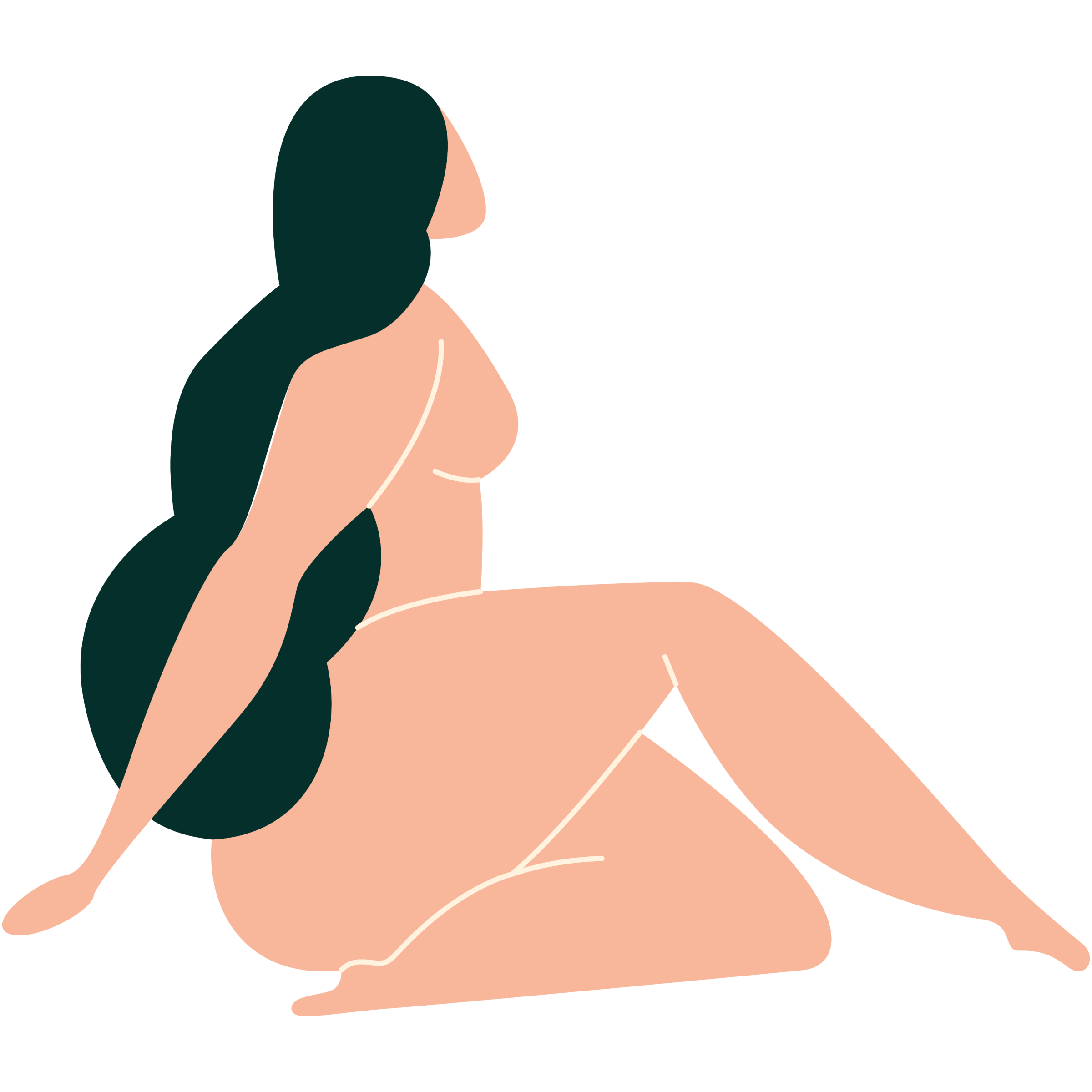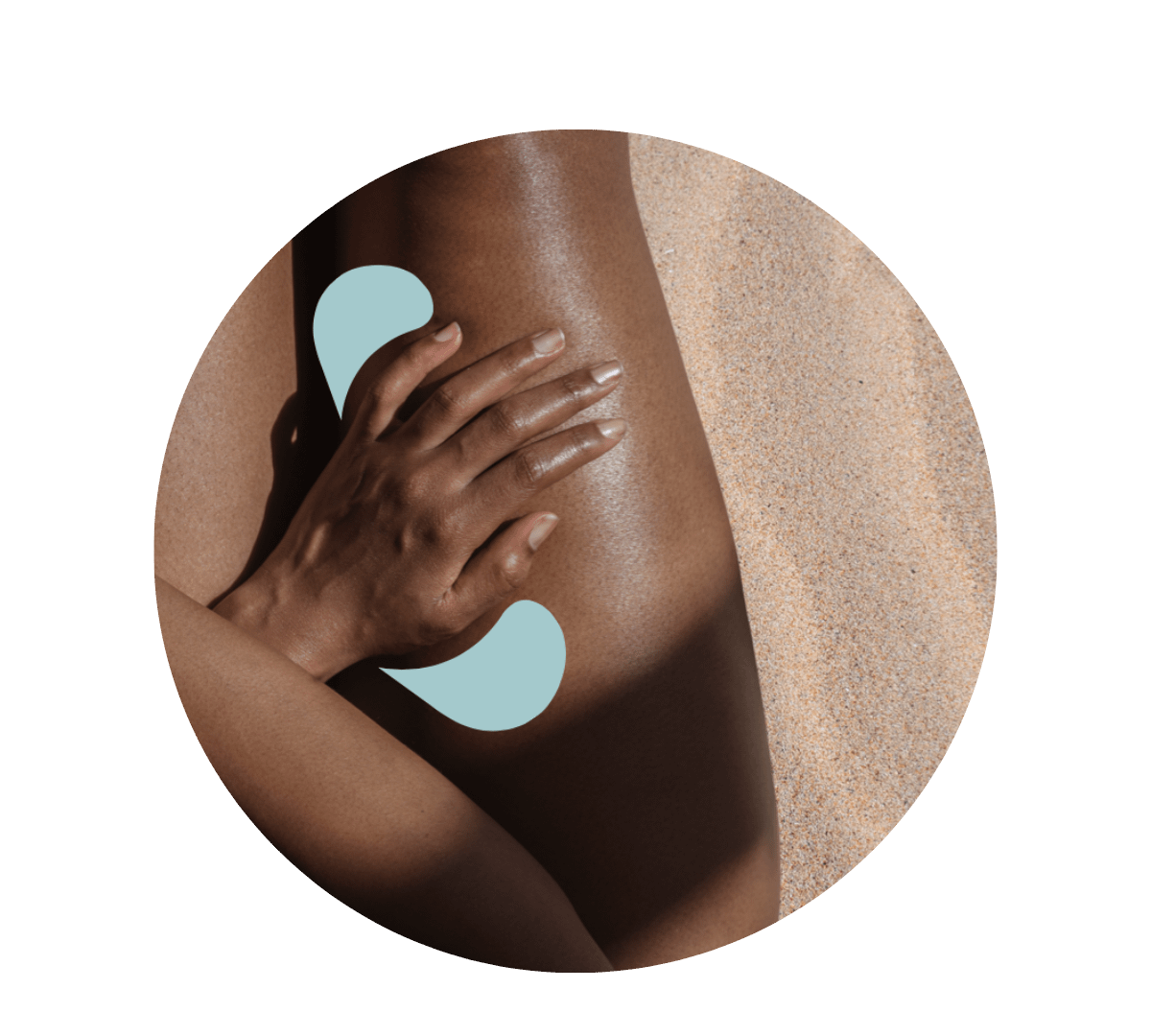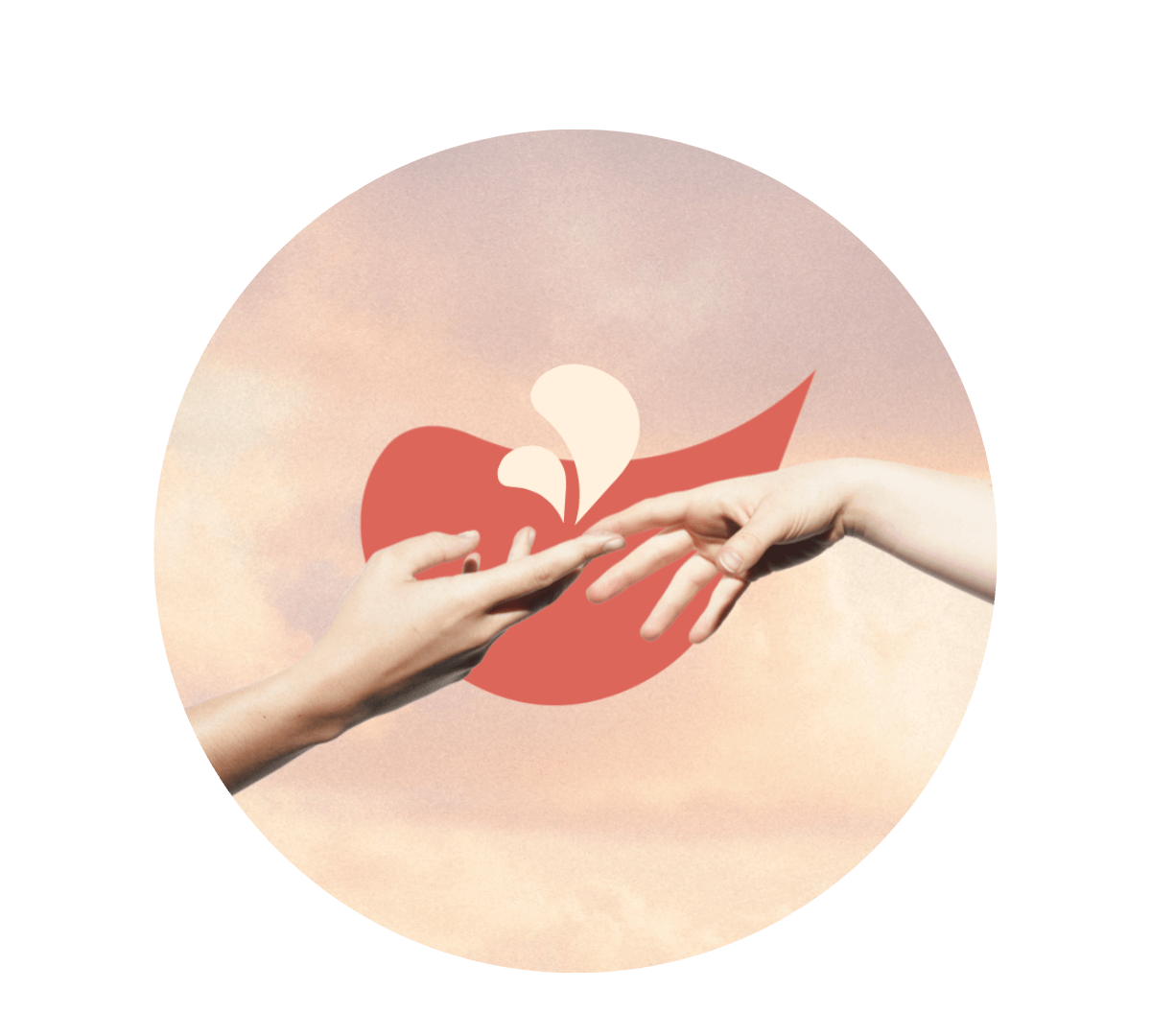
Body
Get to know your body through a better understanding of your anatomy and find the answers to some of your most common questions.
Back
All topics

4 resources

18 resources

5 resources

4 resources

6 resources
Back
All topics

9 resources

12 resources

4 resources

11 resources

3 resources
Back
Back
All topics

17 resources

12 resources

13 resources

2 resources

Mauj Products
We’ve designed our products to help you explore your body, solo or otherwise. Whether you’re a curious novice or a seasoned explorer, this is for you.
Back
All topics

4 resources

18 resources

5 resources

4 resources

6 resources
Back
All topics

9 resources

12 resources

4 resources

11 resources

3 resources
Back
Back
All topics

17 resources

12 resources

13 resources

2 resources

Mauj Products
We’ve designed our products to help you explore your body, solo or otherwise. Whether you’re a curious novice or a seasoned explorer, this is for you.

“When will you make us happy?”
“Is there something on the way?”
“I want to hold your children before I die.”
“You need to have your first child quickly to know that everything is working well.”
“You’ve been married for 9 months, and you have no kids. Is everything okay?”
Our Arab societies place a tremendous amount of pressure on women to bear children. You might have experienced this pressure if you're in your thirties and haven't yet conceived, or if you've just gotten married and relatives are already asking about your first child.
Whether you haven't found the right partner, are busy with other projects, are not ready, or you're just not sure yet if you even want to have kids, there's nothing wrong with taking your time.
But just because you're not ready to have kids right now doesn't mean you shouldn’t care about your reproductive health. Here are six benefits of being proactive about your fertility.
Being proactive about fertility by keeping a close eye on your sexual and reproductive health means you can detect potential issues early on. Conditions such as polycystic ovary syndrome (PCOS), endometriosis, or other hormonal imbalances can affect fertility but are often manageable if detected early. Regular health screenings can identify these issues before they become more serious, so you can address them sooner rather than later.
Sexually transmitted infections (STIs) can also impact your fertility and complicate your pregnancy, often without presenting symptoms. While you can get pregnant with most STIs, treating curable infections like gonorrhea and chlamydia before getting pregnant is crucial. Regular screenings and treatments ensure that these infections don’t hinder your reproductive plans.
Understanding your fertility helps you get clearer on your reproductive timelines. Knowing where you stand can inform decisions about when to consider having kids or taking steps to preserve your fertility, such as egg freezing. This will help you plan your future more effectively and align your personal and professional goals with your reproductive ones.
Your ovarian reserves indicate the number of eggs you have left, which can help you understand your fertility window. A key test for assessing this is the anti-Mullerian hormone (AMH) test. The AMH test provides a high or low indication of your ovarian reserves. A low AMH result doesn’t necessarily mean you can't conceive; it’s just a useful tool for assessing your reproductive health, especially if you have fertility issues, want to freeze your eggs, or are simply being proactive.
Certain lifestyle factors can affect your egg health and make conception difficult. Smoking, over-exposure to xenoestrogens from plastics and chemicals, and vitamin deficiencies can all impact your fertility. When you’re aware of these factors, you can take steps to maintain a healthy lifestyle that supports your reproductive health.
Depending on how soon you want to get pregnant, some options may be better for you than others. For instance, if you're on the pill, it may take a bit longer for you to get pregnant after stopping, as opposed to if you're using a non-hormonal IUD or family planning method. Check out the resources listed below to know the pros and cons of your chosen contraceptive method.
The Pros and Cons of the Condom
The Pros and Cons of the Contraceptive Pill
The Pros and Cons of the Fertility Awareness Method
The Pros and Cons of the Hormonal IUD
The Pros and Cons of the Non-Hormonal IUD
The Pros and Cons of the Contraceptive Implant
Let’s Talk About the Pull-Out Method
Knowing your options and understanding your reproductive health can reduce anxiety and stress because you’re able to make informed choices that are right for you.
Whether you decide to have children or not, understanding your fertility gives you the power to choose your path and live your life on your terms.
Did you find the answer you were looking for? Is there something we missed? What did you think of this resource? We want to hear from you.



